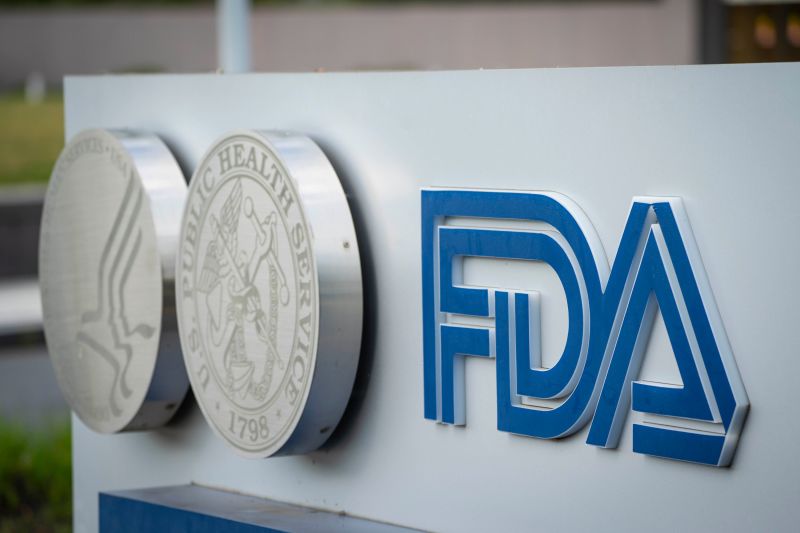Most types of insulin therapy, an important part of diabetes treatment for many people, are given as daily injections to help manage blood sugar levels. Now, the maker of a once-weekly insulin injection is seeking approval from the US Food and Drug Administration, but a committee of agency advisers is divided on whether the benefits of the product may outweigh the risks.
In a meeting Friday, the FDA’s Endocrinologic and Metabolic Drugs Advisory Committee weighed whether the benefits of Novo Nordisk’s weekly product, called insulin icodec, outweigh its risks. If the agency signs off, the treatment will be the first weekly insulin available in the United States.
The committee’s discussions focused on the safety and efficacy of insulin icodec, specifically in people with type 1 diabetes. The advisers were asked to answer a question of, based on the available data, whether Novo Nordisk has demonstrated that the benefits of insulin icodec outweigh its risks for improving glycemic control in adults with type 1 diabetes. Four voted yes. Seven voted no.
The advisory committee’s discussions and voting outcomes will be shared with the FDA, which takes into consideration but does not have to follow the committee’s advice when deciding whether to approve the treatment.
An analysis of Phase 3 clinical trials found that once-weekly insulin icodec was better at reducing high blood glucose levels in comparison with the once-daily therapy insulin degludec, but insulin icodec was associated with a higher incidence of hypoglycemia, also known as low blood glucose, which can lead to a loss of consciousness or seizures.
“Insulin icodec was associated with 50 to 80% more clinically significant or severe hypoglycemia compared to insulin degludec at Week 52, depending on the method of analysis,” the committee’s meeting materials say.
If the product is approved by the FDA, some panel members said, there should be guidance on ways to mitigate and treat the risk of hypoglycemia.
Committee member Dr. Barbara Onumah, a endocrinology in Largo, Maryland, voted yes on the benefits of insulin icodec outweighing its risks.
“This would add a tool to the toolbox for clinicians,” Onumah said.
“It will not be beneficial for every person, but it might be useful for some persons,” she said. “There’s still a few risk mitigation things that need to be ironed out clearly so that for the general provider or practitioner who would be writing this prescription, should it be approved, will be doing it correctly and safely – because safety would be very important.”
Committee member Dr. Matthew Drake, an endocrinologist at Mayo Clinic in Rochester, Minnesota, voted no.
Drake said his rationale was based on comparing insulin icodec with the current gold standard of insulin degludec, “which has a good safety profile in my experience,” he said.
Committee member Erica Brittain also voted no but called it a hard decision.
“I agree that there’s theoretical benefits, and anyone could understand wanting to have fewer injections, and that’s very important,” said Brittain, a biostatistician at the National Institutes of Health.
“Unfortunately, within the trial data, we don’t see the benefit of better glycemic control, which I think was promised in terms of adherence. I understand that that would be hard to show in this clinical trial population, but things kind of go the other way,” she said.
The committee also discussed how a weekly insulin injection might be an easier treatment regimen to follow than daily injections.
Studies suggest that about 53% of adults with type 1 diabetes adhere to existing insulin therapy schedules, “with approximately 22% of patients missing at least one basal insulin dose over any 14-day period,” according to the FDA advisory committee’s meeting materials. “Nonadherence to insulin therapy is a precipitating factor for diabetic complications such as diabetic ketoacidosis.”
Novo Nordisk isn’t the only company developing a weekly insulin therapy for diabetes patients. Last week, Eli Lilly announced that its once-weekly insulin efsitora alfa was “equally safe and effective” in Phase 3 trials involving adults with type 2 diabetes using insulin for the first time and those who require multiple daily insulin injections. However, Lilly has not yet requested FDA approval.

